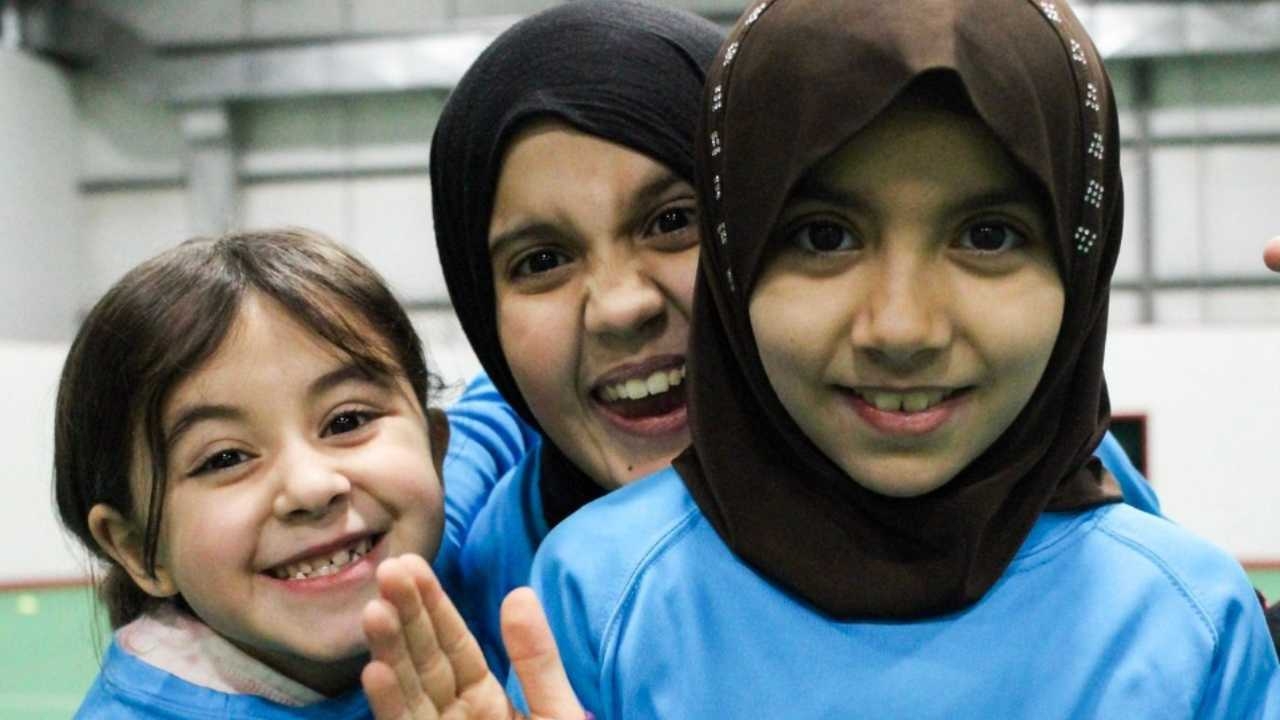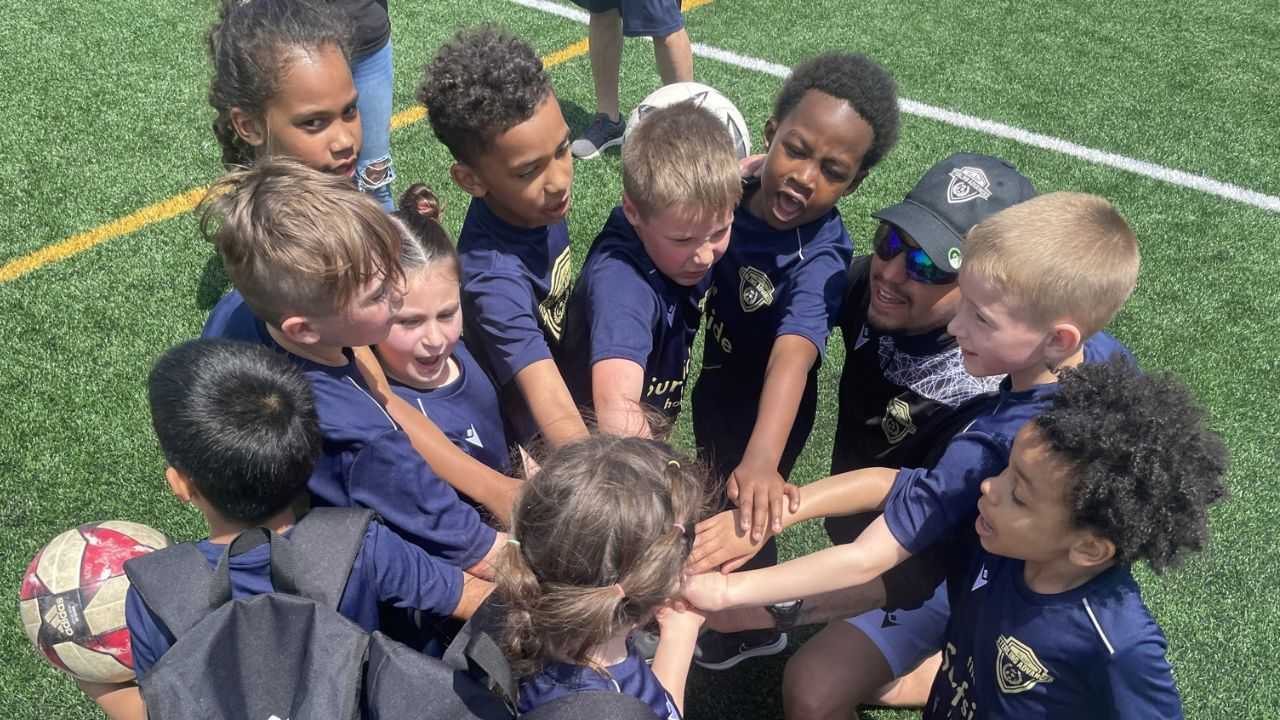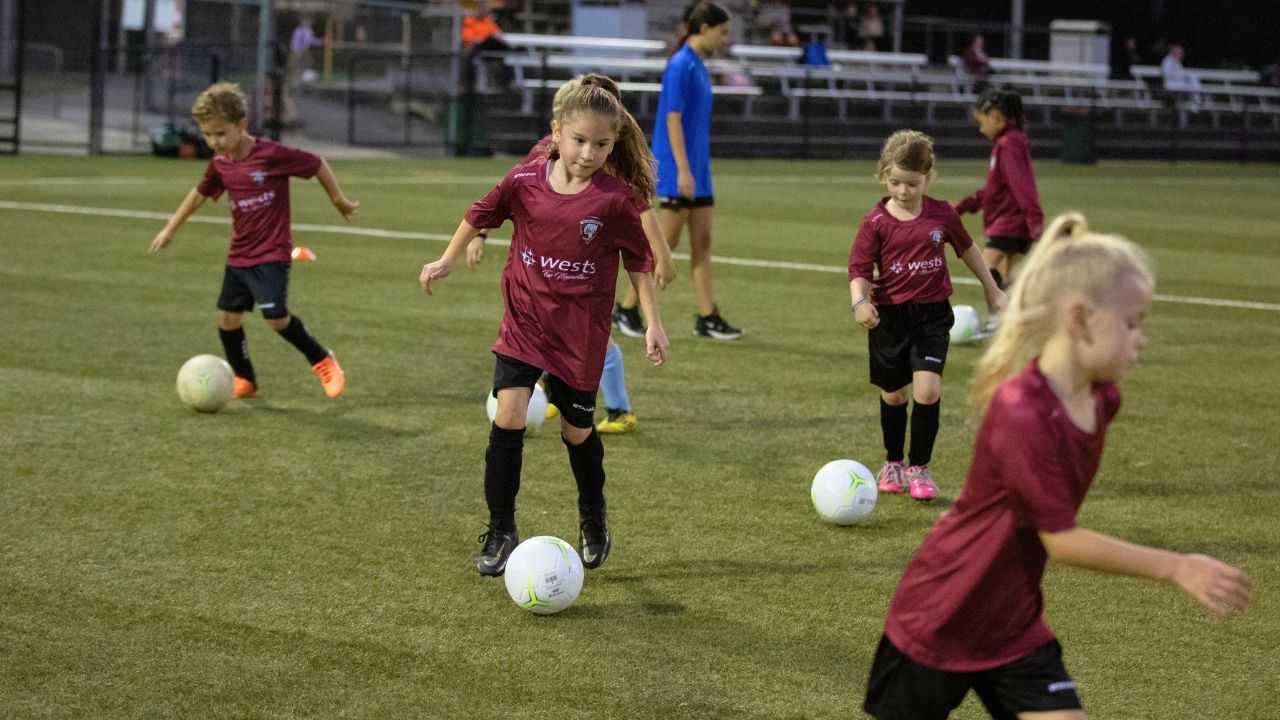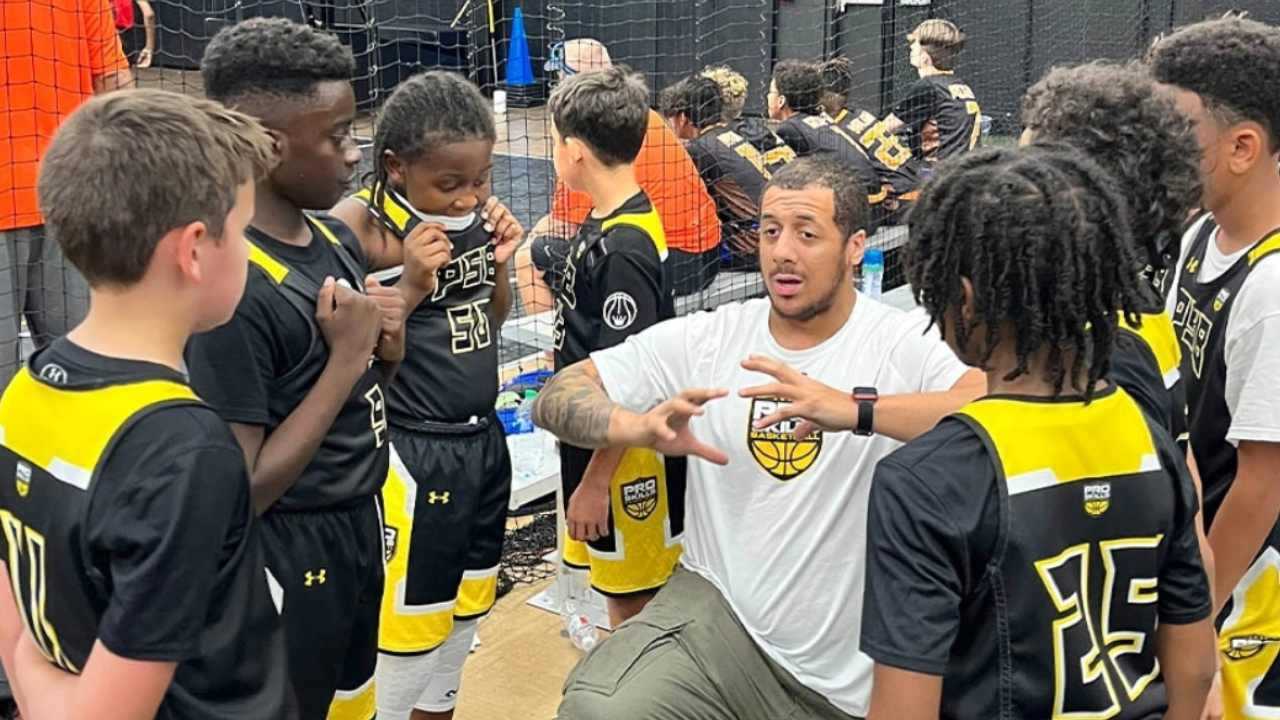Powered by MOJO: Free Play for Kids
How one Canadian non-profit uses MOJO to empower kids through the power of play
Laura Lambert
| 4 min read

Free Play for Kids is not your average youth sports organization. For roughly 1,000 school-age children in and around Edmonton, Canada, the charity provides free soccer, basketball, flag football and hockey training with a not-so-secret agenda: To empower communities through play.
“We are not the typical use case for MOJO,” explains Brandon Brock, Free Play for Kids’ director of training and development. Instead of one team, or one league, Free Play for Kids manages near-daily programming across 24 schools, plus evening programs at neighborhood recreation centers, all powered by 120 part-time coaches. “We just have too much happening.”
But since fall 2022, MOJO has provided Brock a powerful one-stop tool to ensure consistent, effective, high-quality sports programming that helps Free Play for Kids change kids’ lives for the better.
Says Brock, “MOJO ties it all together.”
Everyone Plays
Free Play for Kids has four distinct programs:
- Free to Play — the flagship program — provides multi-sport after school programs for grades 3 through 6.
- Play to Lead is for junior high and high school players who want to play on competitive club teams known as the Wolves.
- Start to Play, the multi-sport program for kids aged 6 to 12, is based in neighborhood-based recreation centers and runs in the evenings.
- Welcome to Play — the program Brock is most excited about — was designed to support refugee families who landed in Canada during the Covid pandemic. “There were families of six or eight stuck in one hotel room waiting to find permanent housing,” he explains. Free Play for Kids partnered with settlement agencies to give refugee kids three hours of unstructured supervised play. And because there is still a constant flow of families immigrating to Edmonton, with varying refugee status, the program is on-going — and remains free.
“We’ve used MOJO to service all of these programs,” says Brock, simply.
MOJO, their way
For Brock, MOJO provides new levels of efficacy across Free Play for Kids’ suite of programming.
“This year in Edmonton, we have 24 schools, all happening at the same time. And they all have access to the lesson plans I create,” Brock says. “Everyone is going through the same coaching points.”
And the center point of those lesson plans is in Free Play for Kids’ social-emotional learning (SEL) curriculum.
“We have SEL language integrated into every single game,” Brock explains. To do so, Brock linked the program’s SEL lessons into his custom practice plans on MOJO, which he publishes with one click. Coaches on-site have the plans in the palm of their hands.
Brock has even been able to adapt MOJO’s soccer curriculum to work for the one sport that isn’t yet on the platform: hockey.
“What I love about MOJO is how easy it was to disseminate a practice plan — and how awesome the description and the visuals are,” says Brock. “All of a sudden, we have professionally shot and produced videos, and instructions for how to teach the game. And not just the game, but how to adjust it for different skill levels.”
Before MOJO, the day’s plan was just a piece of paper, no visuals, no video, and very little in the way of description.
“What we found was that in each school, there was so much interpretation of what was in the plan,” says Brock. “The videos provide such a clear description of what the activity should or could look like. Now a new level of consistency exists.”
And with clear instructions, coaching is easier, which leaves more bandwidth for what really matters to Free Play for Kids — the kids themselves, and the life lessons that will serve them well beyond grade school.
The ultimate goal
“MOJO really helps us achieve the outcomes we want to achieve,” says Brock. Those outcomes include happy, engaged kids who are moving and actively participating, and also learning key life skills, like active listening or decision-making.
But there’s a larger goal at play as well.
“The biggest thing we’re trying to break down the barriers to access, and the biggest barrier to access sport and recreation at any level is knowledge and education, from the coaching side. MOJO allows us to provide knowledge and resources to kids at a relatively low cost and to give it to them for free,” Brock explains. “That’s been huge.”




